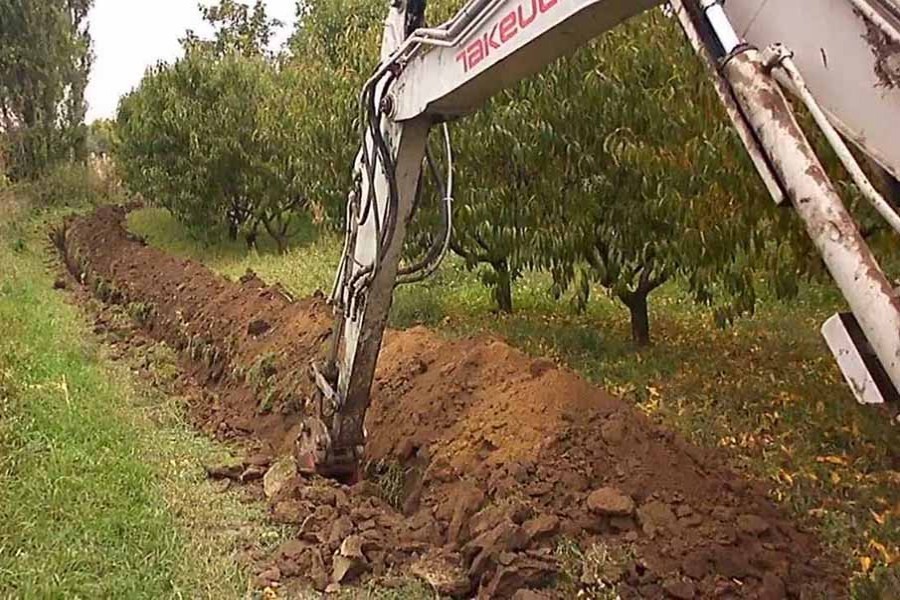Land acquisition, traditionally, has been a money-spinning component for the dishonest section of the officials and relevant others involved in the execution of development projects. The size of the country's development budget has grown bigger over time, so has the allocation for land acquisition. This is because of the inclusion of a substantial number of infrastructure projects of varying size in the development budget every year. The Roads and Highways Department (RHD) is one of the key government agencies that spend billions on physical infrastructure projects every year.
Stories are aplenty about how an unscrupulous section of officials of the RHD and other government agencies gobble up a part of the sum earmarked for paying compensation to the persons affected by the acquisition of land. When a fund is allocated for land acquisition in any development project, it is assumed that a part of the same would vanish into the pockets of some people unduly. But, at times, the act of pilfering becomes so obvious and open that it attracts the most attention.
A land acquisition project, taken up recently by the RHD for widening a 55-kilometre-long Kantakhali- Laxmikandor road that connects an important highway, could be a befitting example. The state road builder, according to a report published in this paper on Friday last, has sought Tk. 22.02 billion for acquiring 529 acres of land, meaning that it would spend nearly Tk. 42 million for an acre of land along the connecting-road. The amount appears pretty high since the stretch of land sought to be acquired is a pure rural one.
Following the approval of the land acquisition project by the Planning Commission, the RHD would initiate another project for building the road. That project might also cost a huge amount. The RHD officials do, however, feel that such an investment is necessary since the road, economically speaking, is an important one. It is however not clear whether the department has conducted an all-essential study on the rate of return from the investment to be made upon the widening of the road.
The government in recent years has raised the volume of compensation money substantially to facilitate an unhindered acquisition of land for development projects. The affected landowners, according to a new land acquisition law enacted in September 2017, are supposed to get an additional 200 per cent compensation on the market rate. The provision of 'market rate' is allegedly manipulated by an unscrupulous section of officials to their advantage. Besides, the affected landowners are said to be forced to share a part of the compensation money with the relevant officials. This has been an open secret for time immemorial, but none has ever cared to address it.
If not for other agencies, at least, the RHD can avoid spending a huge amount on acquisition of land for widening of roads and highways. In many cases, the need for widening some existing roads and highways arises. While building a road the RHD does need to keep such a possibility in its mind and acquire some additional land for future expansion of the roads and highways in advance. This would save some amount of future expenditure.


